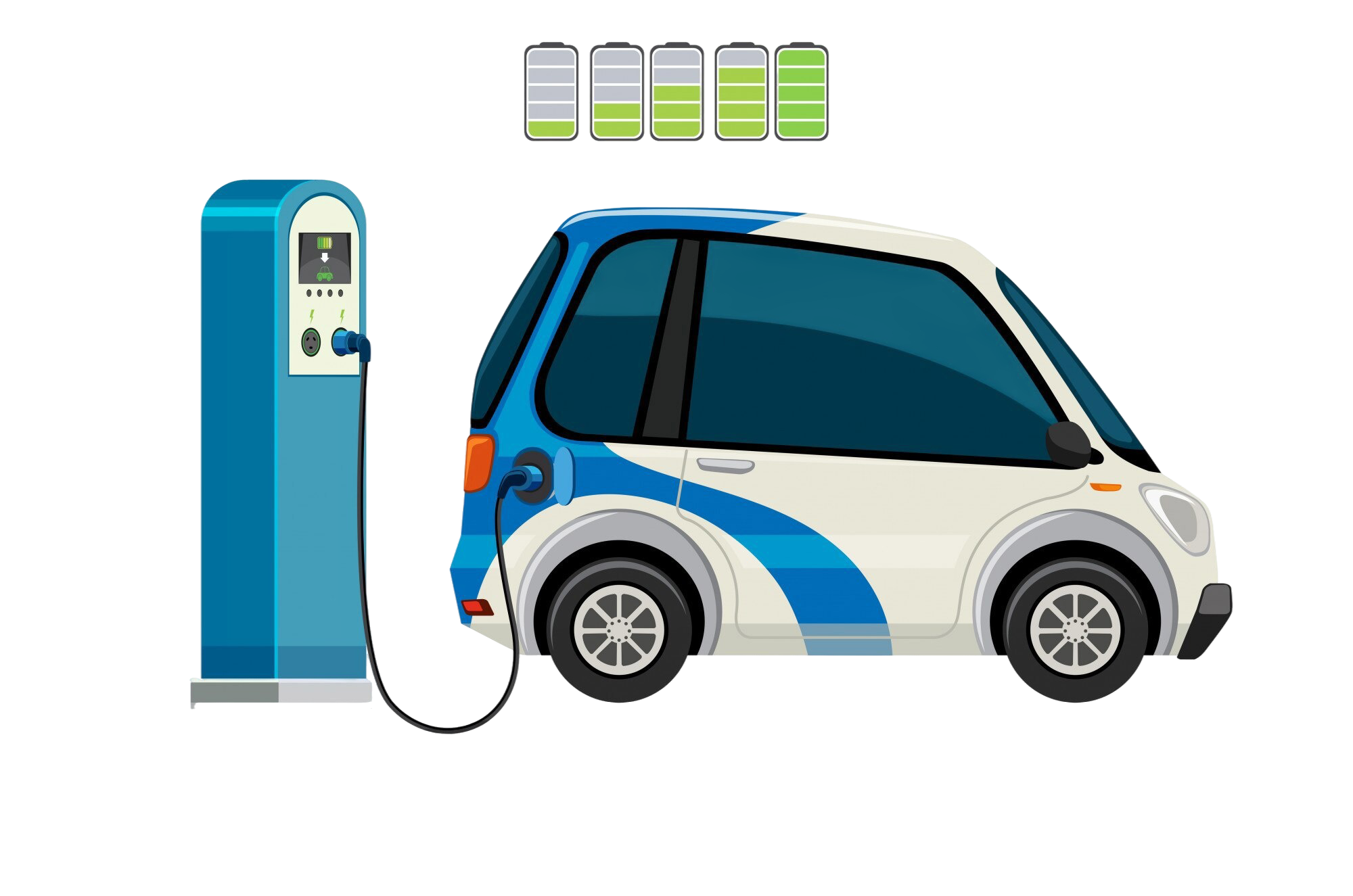A new study has revealed that fully electrifying Ghana’s road transport fleet could slash the country’s total greenhouse gas emissions by half, saving an estimated 13.92 million metric tons of CO₂-equivalent (MtCO₂e) annually.
Published in African Transport Studies the research by Dr. Godwin Kafui Ayetor and colleagues from the Kwame Nkrumah University of Science and Technology, Kumasi assessed fuel economy and tailpipe emissions from 2,530 vehicles across Ghana, providing the most comprehensive emissions profile of the nation’s transport sector to date.
The study found that electric vehicles (EVs), including motorcycles, tricycles, and light-duty cars, significantly outperformed their internal combustion engine (ICE) counterparts in fuel economy and emissions.
For instance, electric motorcycles recorded a fuel economy of just 0.8 liters gasoline-equivalent per 100 km (Lge/100 km), compared to 4.6 Lge/100 km for city-ridden ICE motorcycles. Electric tricycles performed more than twice as efficiently as ICE tricycles.
“Transitioning to electric vehicles could deliver rapid and measurable improvements in both public health and environmental sustainability,” the authors stated.
The research also highlighted serious concerns about air quality, especially in urban centers. While diesel-fueled cars showed the highest emissions of nitrogen oxides (NOx), smaller vehicles such as motorcycles and tricycles were found to emit disproportionately high levels of carbon monoxide (CO) and hydrocarbons (HC): key contributors to smog and respiratory illnesses.
Notably, motorcycle HC emissions were 2.6 times higher than light-duty vehicles and over 27 times higher than commercial buses.
Despite these figures, the real-world average fuel economy across Ghana’s vehicle fleet was significantly better (6 Lge/100 km) than the official standard (9 Lge/100 km), indicating that on-the-ground usage may differ from manufacturer ratings and pointing to possible avenues for policy and regulation.
As Ghana contends with high levels of particulate matter pollution: ranking among the top 40 countries globally for PM2.5 levels, the study’s findings offer timely data to inform national strategies on transport, energy, and environmental health.
The authors call for targeted interventions, including incentives for EV adoption, stricter emission controls for motorcycles and tricycles, and public education campaigns on the health impacts of vehicular emissions.
| Story by Emmanuel Kwasi Debrah (URO) | |

















